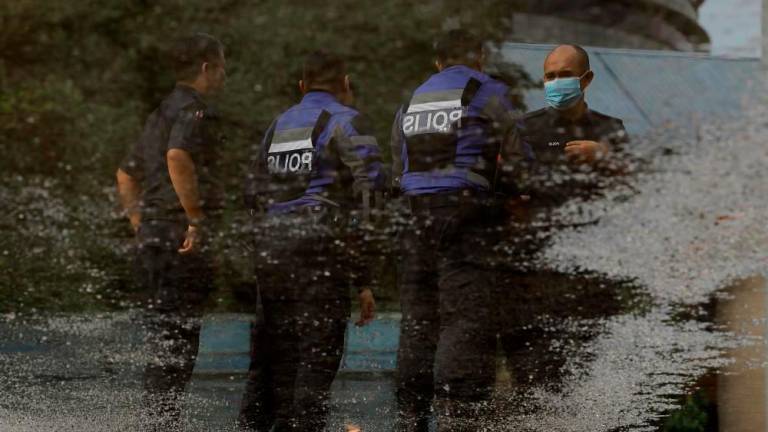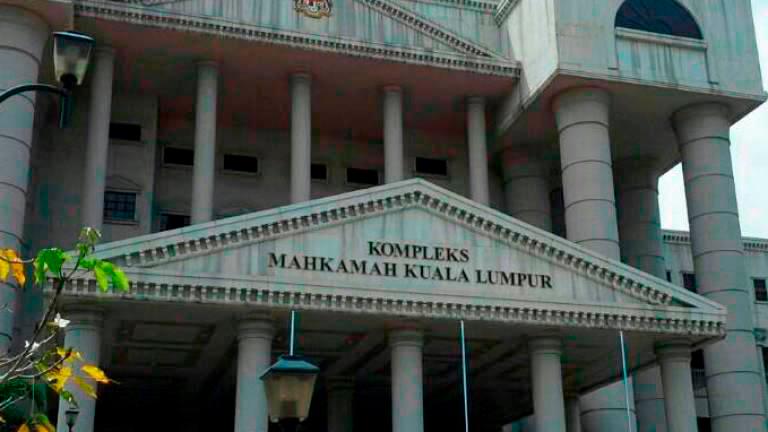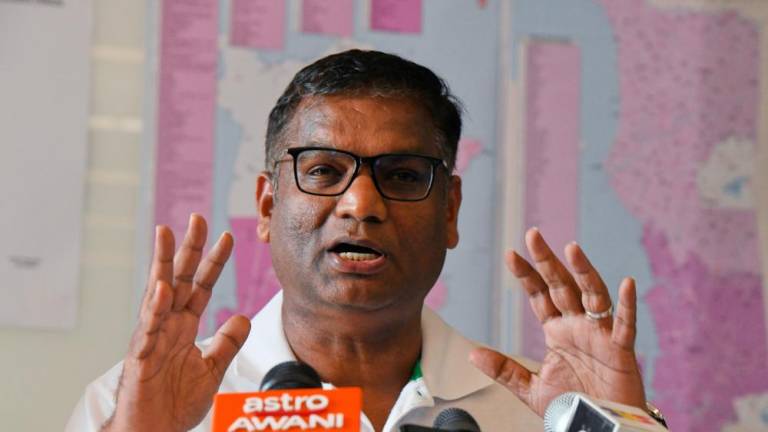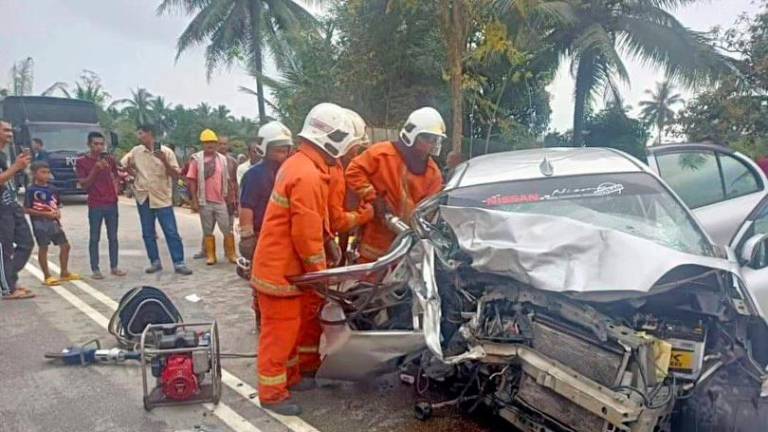TRANSPORT Minister Datuk Seri Wee Ka Siong said “our objective is not to make people’s life difficult” and “this is to protect lives and families” when he announced that first-time drink-driving offenders would be slapped with jail time via the Road Transport Act (Amendment) Bill 2020.
The amended bill had been passed in the Dewan Rakyat on Aug 26 and was passed in the Dewan Negara on Tuesday after the third reading.
While I fully support harsh punishment for drink drivers who have caused injuries or deaths, I am not entirely convinced that imposing jail time on first-time offenders, who have yet to cause harm, is very wise.
Jails are underfunded and overcrowded, making them potential hotbeds for Covid-19 infections.
The problem with this amendment is that it is a big stick, without the carrot that people can pivot towards.
Consider the existing options consumers have after a night out drinking. They could use their own vehicle, which is dangerous and should be condemned. Perhaps they can opt for e-hailing rides, which is expensive?
Or should they opt for public transport stations that do not operate past 11.30pm?
Or should people have designated drivers, which eliminates all solo drinkers from the equation?
If this amended bill were to be enforced, we would have to look forward to more pubs, entertainment centres and F&B businesses losing a large chunk of their footfall, at a time when they are already struggling.
The critical issue is that there are no apparent, viable alternatives when it comes to returning home after a night out drinking, other than your own transport.
The issue with drunk driving is not with the “drunk”, but with the “driving”.
Fortunately, drink driving is not a uniquely Malaysian problem, and we can learn from how other countries are managing this issue.
After a quick Google search, it is clear that a drop in drink-driving fatalities in other countries coincides with better public transport options during late hours.
In Japan, trains and subways generally run between 5am and 1am, and some run throughout the night during holidays.
In the US state of Arizona, the Phoenix metro area saw a steep drop in drink-driving fatalities after the debut of the state’s first major light-rail system, which operates past 2am on Friday and Saturday nights.
If the primary goal here is to reduce the number of deaths caused by drink-driving, why not have our public transport system operate beyond regular working hours on dedicated nights such as on Fridays and Saturdays.
Not only will it assist in reducing road fatalities, workers on night shift can use these facilities as well.
F&B enterprises and associations are able to dedicate these nights for special promotions for customers commuting via public transport. E-hailing services might also tap into this trend, by offering special discounts if their customers were to order the service within these designated hours.
The money that would have been spent on prison upkeep could be used to help subsidise the cost of operating public transport after working hours.
Most importantly, the money can be used to support the business associations and NGOs that advocate responsible drinking.
I believe that businesses would gladly support these initiatives because they are incentivised if their customers are able to get home safely. A living customer is a paying customer, after all.
Although fines and law enforcement are common tools used by most governments, it has done little to lower the statistics for deaths caused by drink-driving. If the war on drugs has taught us anything, the solution might be worse than the cure, and the carrot must always follow the stick.
I sincerely hope that this amendment in the bill is followed by actual reforms to increase the transport options drinkers have to return home safely.
Jahaziah Lim is a writer and content creator.











